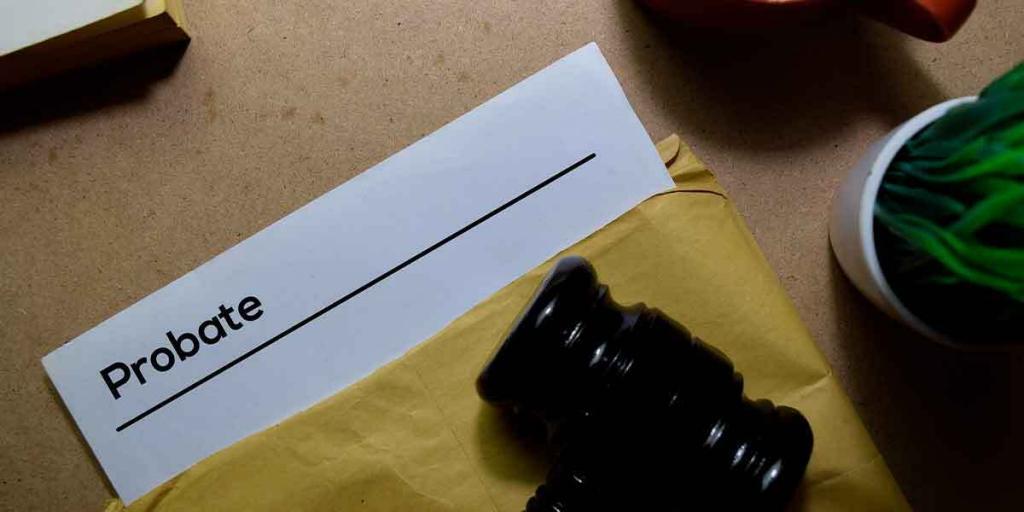What is Probate?
Probate is a very common word, though not as common as “Estate”. A competent and wise estate planning attorney will advise you to plan an estate that doesn’t involve the probate process. How is that done? Well, by simply creating a Trust. A trust can be regarded as a vehicle that enables you to transfer funds or assets to a third party and later to the beneficiaries of your estate. Assets under a trust account don’t undergo the probate process because the account wasn’t opened under your name. Only accounts opened with your name can undergo probate.
Having digressed a little, why dint we have a little look at what probate is?
Probate is:
- A legal process done to ascertain the validity of a will
- A legal process done to settle the debts and taxes of a deceased
- A legal process done to identify the assets of a deceased
- A legal process that includes the distribution of the deceased estate after all taxes and debts must have been settled.
Without probate, you will be able to save cash from court fees, probate attorney fees, and taxes. Apart from the expensive aspect of this process, some people loathe probate because it takes time. The probate process can take months, or a year, depending on the circumstances surrounding the estate of the deceased. For instance, if identifying all estate of the deceased becomes quite difficult, the probate process could be stalled. Or if the deceased have assets overseas, the probate process could also be stalled.
Will all your Properties Undergo Probate?
Not all your properties will have to undergo the probate process, some are allowed to escape this tedious process but it depends on the probate law of your state. Take California for instance. In the city of California, you can pass up about $100,000 of property without going through the probate process, and there also exist a very straightforward way to transfer properties left to a living spouse.
Also, properties that passes outside your will, like those via living trust can escape the probate process.
Estate Executor and Probate
The estate executor is an individual who is designated by the estate owner to cat on his or her behalf. The name of this individual-who could be anyone-is often drafted in the will alongside the estate beneficiaries and the assets of the deceased.
The job of the executor is to ensure that the estate is properly administered. It is also his or her job to ensure that the estate is well maintained during the probate process. If there exist any unpaid debt or taxes of the deceased, it is the job of the estate executor to find the debt, located the creditor and pay it off.
The estate executor will be the one to tender the necessary paper works to the probate court after the demise of the estate owner. He or she can’t executor his or her job without the approval of the probate court. If one dies without a will, the court will choose someone who will act as the estate administrator. The court often chooses a close relative or one who inherits the largest portion of the deceased estate.
Why should you Avoid Probate?
Probate is a process that you need to avoid, if you value your beneficiaries. This process can cost your beneficiaries time and money. You should only consider allowing your estate to undergo the probate proves if you believe that your estate will have complex problem, like debts that can’t be settled from the assets you leave behind.
Creating an estate that is free from probate is the best thing you can do for your family. You can avoid probate by either opening a joint tenancy account or by creating a Trust.
Probate Attorney New York
The probate process can be complicated and mindboggling and for this sole reason, you need the help of a probate attorney. It is the job of a probate attorney to guide the estate executor or beneficiaries through the probate process. We boast of the best probate attorney New York. Contact us if you need one!









